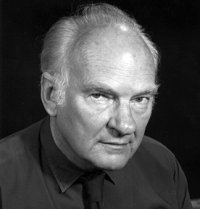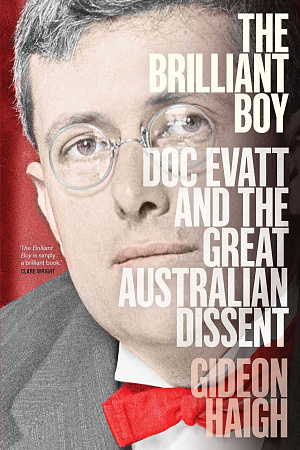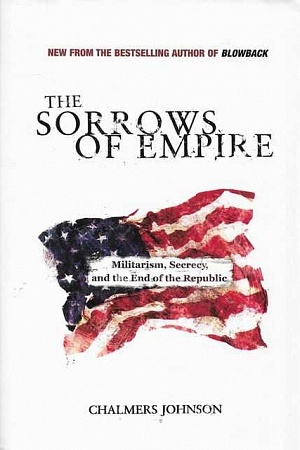Elect the Ambassador: Building democracy in a globalised world
Pluto Press, $32.95 pb, 194 pp
Elect the Ambassador: Building democracy in a globalised world by Duncan Kerr
A reviewer’s summary of this book’s first theme could be accused of political prejudice. That is one good reason for preferring its author’s summary:
When I entered the Australian parliament in 1987, it was possible to imagine that Australia would resist the seductive claims of globalisation. Australia had high levels of public ownership, including a national bank. Its telecommunications system was state-owned. It had high (albeit reducing) tariffs to protect local manufacturing. The government had put sectoral industry plans in place for the car and steel industries. Australia had the best system of public health care in the world. State education was free and there were no fees for entry to university. There were no private universities. The government had the power to regulate the money supply and maintained a fixed exchange rate for the dollar. Most revenue was raised through (steeply) progressive income taxes.
Just thirteen years later Australia has been transformed utterly. Many changes were wrought by the Hawke and Keating Labor governments … The conservative Howard government that came to power in 1996 – and has held office since – has contributed regressive social reform to the mix.
Australia now has low levels of public ownership. Successive governments have sold the national bank and the national airline, opened the telecommunications market to competition and partly privatised the national telecommunications carrier. Tariffs have been reduced to negligible levels. Industry plans have not been renewed. Private health insurance has been subsidised and the public system allowed to run down. The Federal Government now provides more funds to support private education that it provides to assist state schools. Fees or charges have been introduced for the universities. Private universities have been established. Governments have foregone the power to regulate the money supply. The Australian dollar is now a floating currency and the exchange rate is left for the market to determine. Income tax rates have been repeatedly reduced and a new regressive system of indirect taxation, the goods and services tax (GST), has been introduced.
Continue reading for only $10 per month. Subscribe and gain full access to Australian Book Review. Already a subscriber? Sign in. If you need assistance, feel free to contact us.










Leave a comment
If you are an ABR subscriber, you will need to sign in to post a comment.
If you have forgotten your sign in details, or if you receive an error message when trying to submit your comment, please email your comment (and the name of the article to which it relates) to ABR Comments. We will review your comment and, subject to approval, we will post it under your name.
Please note that all comments must be approved by ABR and comply with our Terms & Conditions.